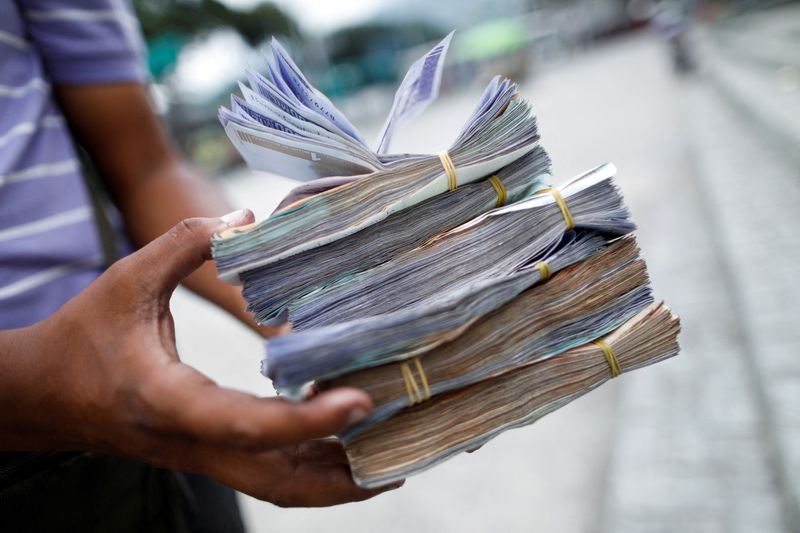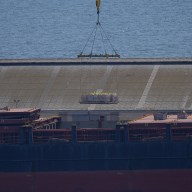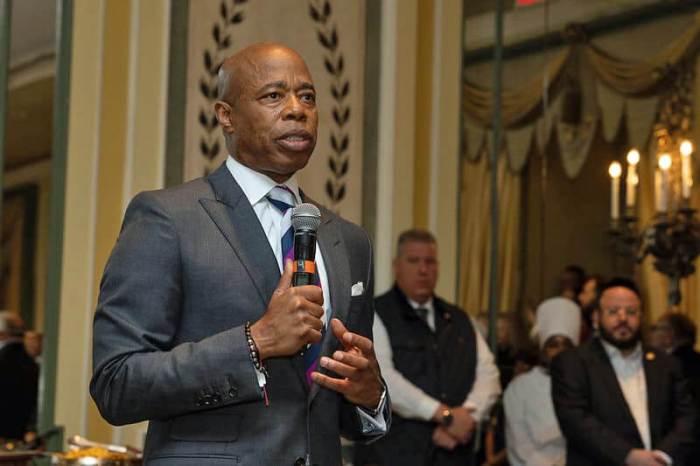CARACAS (Reuters) – Sales of foreign currency by Venezuela’s public companies, including oil producer PDVSA, to the South American country’s central bank quadrupled in 2021, according to a document seen by Reuters.
Advisors to President Nicolas Maduro’s administration spoke to investors and bondholders from Europe and the United States about their country’s economic potential during a call organized by the Spanish Chamber of Commerce in Venezuela on Wednesday, two sources familiar with the matter said.
Included in data discussed on the call were economic indicators and information showing that the flow of foreign currency to Venezuela’s central bank hit $3.39 billion in 2021, up from $743 million the year before, the document showed.
Some of the foreign currency was used to maintain stability in the exchange rate between the bolivar and the dollar, as well as to cover government expenses.
The rise in foreign currency sales to the monetary authority follows an uptick in PDVSA’s oil production and exports, despite U.S. sanctions. Venezuela’s oil output hit 871,000 barrels per day in November, the same document said.
Venezuela suspended payments to bondholders in 2017 when it proposed debt negotiations. However, that plan was put on ice by the country’s unfolding crisis, while sanctions prevented U.S. citizens and companies from dealing with Venezuelan officials.
Venezuela tried a similar renegotiation in 2020 without success.
Neither Venezuela’s ministry of communication nor the Spanish Chamber of Commerce responded to requests for comment.
Advisors to Vice President Delcy Rodriguez reminded bondholders during the call of economic policy changes and raised the possibility of injecting capital into sectors such as oil, mining, tourism and agriculture. They also highlighted that Venezuela’s third-quarter economic growth hit 7.6% last year, the sources said.
The country has struggled amid a long-running recession and high prices. In 2019 the government loosened financial regulations to aid businesses, which helped but are not enough to provide a full recovery, analysts say.
(Reporting by Mayela Armas; Writing by Oliver Griffin; Editing by Sandra Maler)



















